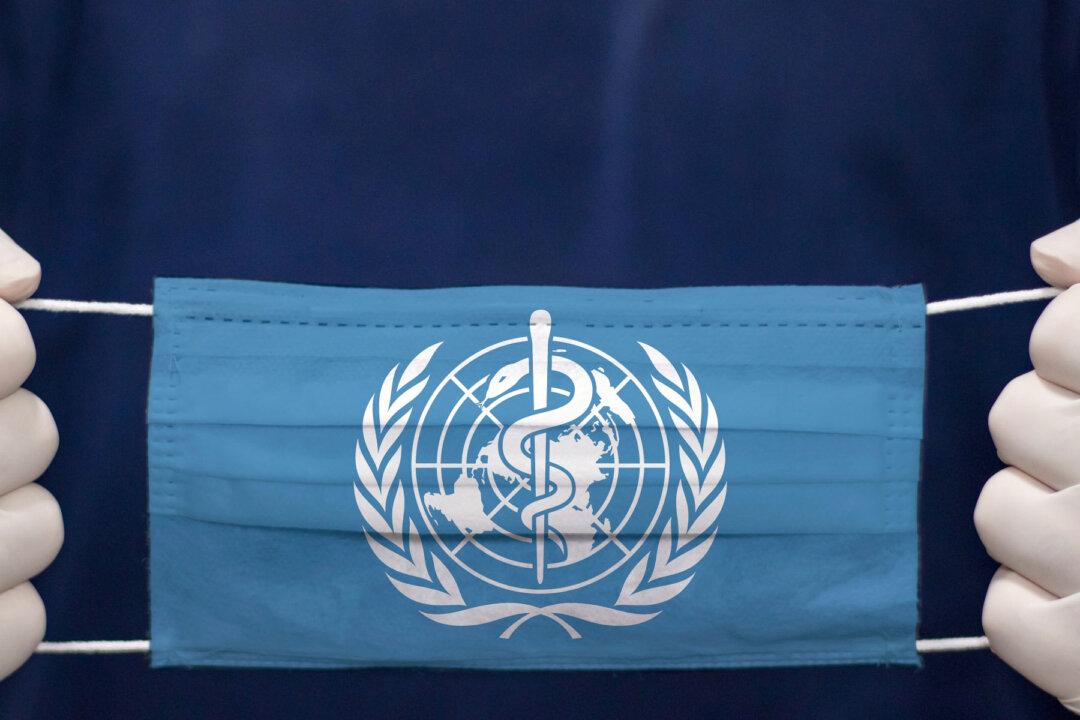As the deadline approaches for the 194 member nations of the World Health Organization (WHO) to sign agreements granting broad new powers to this U.N. subsidiary, its advocates are turning up the heat on member countries to get on board, despite growing resistance to the deal.
On March 20, WHO Ambassador and former UK Prime Minister Gordon Brown hailed a campaign by a “100+ pantheon of global leaders” urging member nations to sign.






